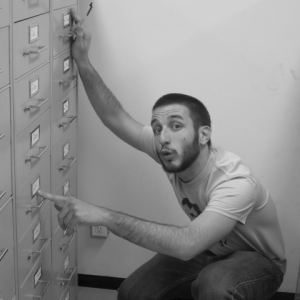Past talk:
Hosted by the Institute for Historical Studies
12:00 Monday, February 16 GAR 4.100
Bruce Hunt
“The Bottom Line: Cables, Commerce, and Electrical Physics in the Victorian British Empire”
This talk is part of the Institute for Historical Research’s series of workshops, so please RSVP Courtney to receive the pre-circulated paper.
Bruce J. Hunt completed his Ph.D. in the history of science at Johns Hopkins University in 1984 and has taught at The University of Texas since 1985. He is the author of The Maxwellians (1991) and Pursuing Power and Light: Technology and Physics from James Watt to Albert Einstein (2010) and numerous articles on the history of electrical science and technology. His current work focuses on the growth of the global telegraph network in the nineteenth century, and how work in that industry shaped the development of electrical physics, particularly in Britain.
 Felipe Cruz
Felipe Cruz 